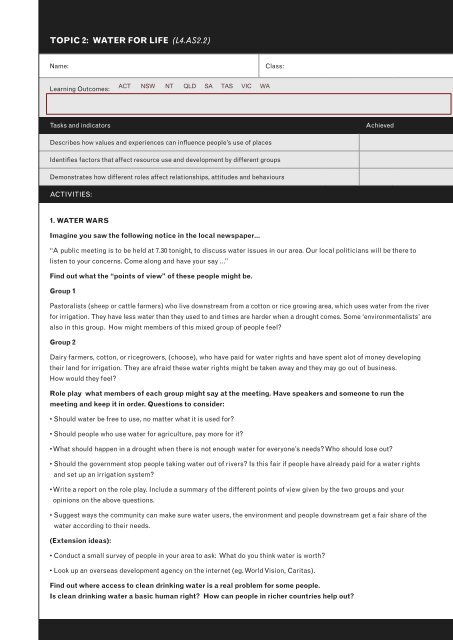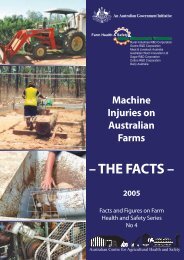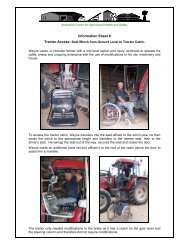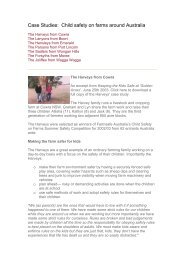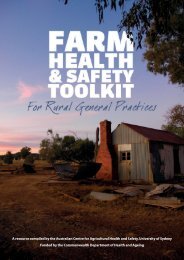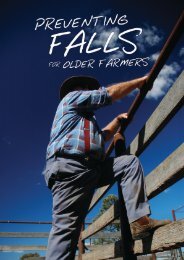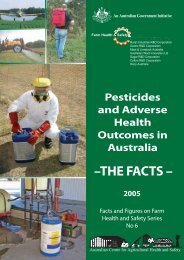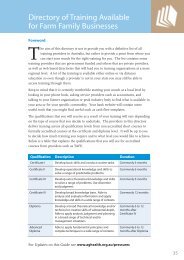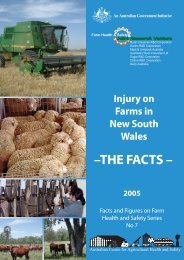Ripper ii Educational resource for primary schools - Australian ...
Ripper ii Educational resource for primary schools - Australian ...
Ripper ii Educational resource for primary schools - Australian ...
Create successful ePaper yourself
Turn your PDF publications into a flip-book with our unique Google optimized e-Paper software.
TOPIC 2: WATER FOR LIFE (L4.AS2.2)Name:Class:Learning Outcomes:Tasks and indicatorsAchievedDescribes how values and experiences can influence people’s use of placesIdentifies factors that affect <strong>resource</strong> use and development by different groupsDemonstrates how different roles affect relationships, attitudes and behavioursACTIVITIES:1. WATER WARSImagine you saw the following notice in the local newspaper…“A public meeting is to be held at 7.30 tonight, to discuss water issues in our area. Our local politicians will be there tolisten to your concerns. Come along and have your say ...”Find out what the “points of view” of these people might be.Group 1Pastoralists (sheep or cattle farmers) who live downstream from a cotton or rice growing area, which uses water from the river<strong>for</strong> irrigation. They have less water than they used to and times are harder when a drought comes. Some ‘environmentalists’ arealso in this group. How might members of this mixed group of people feel?Group 2Dairy farmers, cotton, or ricegrowers, (choose), who have paid <strong>for</strong> water rights and have spent alot of money developingtheir land <strong>for</strong> irrigation. They are afraid these water rights might be taken away and they may go out of business.How would they feel?Role play what members of each group might say at the meeting. Have speakers and someone to run themeeting and keep it in order. Questions to consider:• Should water be free to use, no matter what it is used <strong>for</strong>?• Should people who use water <strong>for</strong> agriculture, pay more <strong>for</strong> it?• What should happen in a drought when there is not enough water <strong>for</strong> everyone’s needs? Who should lose out?• Should the government stop people taking water out of rivers? Is this fair if people have already paid <strong>for</strong> a water rightsand set up an irrigation system?• Write a report on the role play. Include a summary of the different points of view given by the two groups and youropinions on the above questions.• Suggest ways the community can make sure water users, the environment and people downstream get a fair share of thewater according to their needs.(Extension ideas):• Conduct a small survey of people in your area to ask: What do you think water is worth?• Look up an overseas development agency on the internet (eg. World Vision, Caritas).Find out where access to clean drinking water is a real problem <strong>for</strong> some people.Is clean drinking water a basic human right? How can people in richer countries help out?


